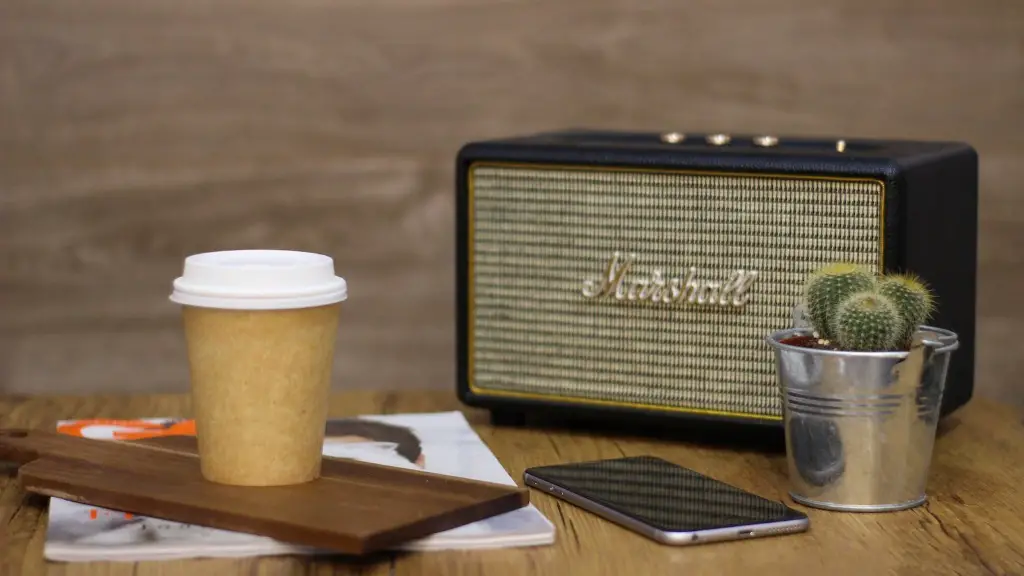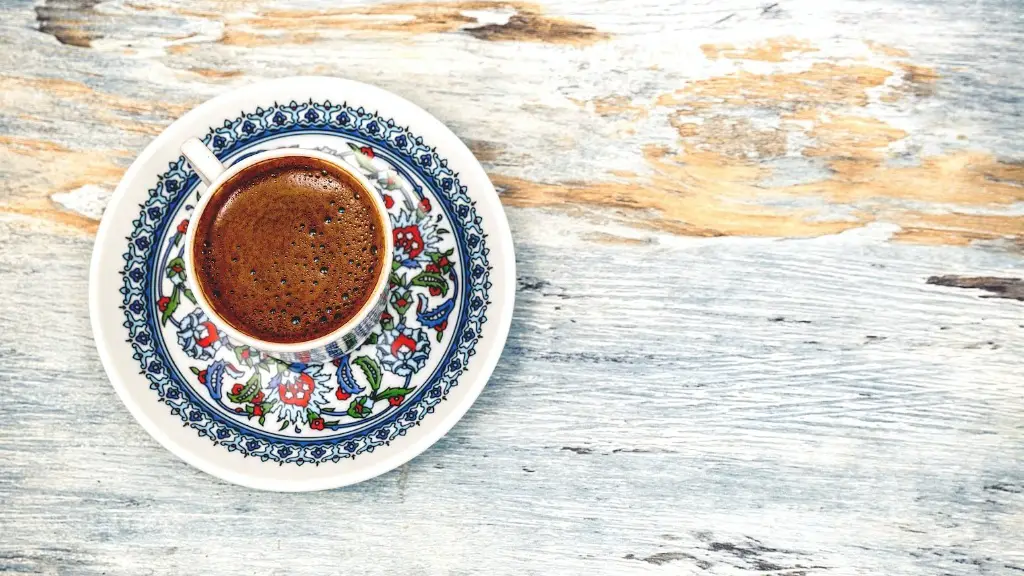Antibiotics
Antibiotics are a type of medication prescribed by a doctor to treat bacterial infections. They are designed to kill bacteria and stop it from growing and causing further harm to your body. Unfortunately, antibiotics are becoming less effective due to the growing issue of antibiotic resistance. This means that some antibiotics no longer work in treating bacterial infections.
Coffee
Coffee is a popular beverage choice for many people and is known to provide an energy boost. It contains caffeine, a stimulant drug that can make you feel alert and energised. However, caffeine can have side effects such as anxiety, jitteriness, or insomnia when consumed in large amounts.
Can You Drink Coffee When Taking Antibiotics?
The effects of caffeine can interfere with the effectiveness of antibiotics. When taking antibiotics, it’s important to understand the effects of caffeine on the medication and to make sure that you’re only consuming the amount of caffeine that is considered to be safe for your body.
Some antibiotics, such as ciprofloxacin and tetracycline, interact with caffeine in the body and can reduce the effectiveness of the antibiotic. For example, ciprofloxacin can reduce the antibiotic’s effectiveness by as much as half if a person has more than 200 mg of caffeine in their system. For this reason, it’s important to follow your doctor’s instructions and avoid drinking coffee while taking these types of antibiotics.
Other antibiotics, such as amoxicillin, are thought to be less affected by caffeine and can be taken in conjunction with coffee. However, doctors recommend avoiding drinking coffee while taking any type of medication, including antibiotics, especially if you are sensitive to the effects of caffeine.
Tips For Drinking Coffee While Taking Antibiotics
If you want to drink coffee while taking antibiotics, it’s important to keep the following factors in mind:
- Talk to your doctor. While some antibiotics are more likely to be affected by caffeine, it is important to talk to your doctor about any possible interactions. Your doctor will be able to provide advice on how much caffeine is safe for you to consume when taking antibiotics.
- Pay attention to the amount of caffeine. Too much caffeine can affect the antibiotics, so it’s important to pay attention to the amount of caffeine you are consuming. Many coffee shops measure the amount of caffeine in their drinks, so you can use this information as a guide.
- Limit your coffee consumption. If you are taking antibiotics and consuming coffee, limiting your intake can help you to avoid any potential negative effects of consuming too much caffeine. Try drinking a cup of coffee in the morning or early afternoon, or have a cup or two in the evening.
How to Reduce Caffeine Intake While Taking Antibiotics
If you want to avoid the risk of consuming too much caffeine while taking antibiotics, there are alternatives that you can try. Try decaffeinated coffee, herbal tea, or other caffeine-free beverages such as water or juice. These can be a good option for those who want to limit their caffeine intake while taking antibiotics.
Experts’ Advice
According to experts, it is advisable to abstain from drinking coffee if you’re taking antibiotics. Dr. Amanda Salinger, a family medicine physician, states that coffee consumption may reduce the efficacy of antibiotics and, therefore, it is best to consult your doctor if you’re uncertain. Additionally, Dr. Figen Sevin, a pharmacist recommends limiting your coffee consumption if you’re taking antibiotics and suggests choosing decaffeinated drinks as an alternative.
Own Insights and Analysis
When taking antibiotics, it’s important to be mindful of the foods and beverages you are consuming. Caffeine can interfere with the effectiveness of antibiotics, which can make them less effective. It’s important to talk to your doctor about the potential effects of caffeine on the antibiotics you are taking and to follow their instructions. Additionally, you can look for alternatives such as decaffeinated options or try herbal teas instead.
Other Effects of Caffeine on Antibiotics
Caffeine can also affect the absorption rate of some antibiotics, resulting in lower blood levels of the medication in the body. This means that the effects of the antibiotic can be reduced. Additionally, caffeine can worsen some side effects of antibiotics such as drowsiness or jitteriness.
Questions to Ask Your Doctor
If you’re taking antibiotics and want to drink coffee, it’s important to have an informed conversation with your doctor. You should ask your doctor:
- Are there any interactions between caffeine and the antibiotics I’m taking?
- What is the recommended amount of caffeine for me to consume while taking antibiotics?
- Are there any other foods or beverages that I should avoid while taking antibiotics?
Conclusion
It’s important to be aware of the potential effects of caffeine on antibiotics. While some antibiotics are less affected by caffeine, it’s best to talk to your doctor before drinking coffee while taking any medication. It’s also a good idea to pay attention to your caffeine intake and to look for caffeine-free alternatives.


